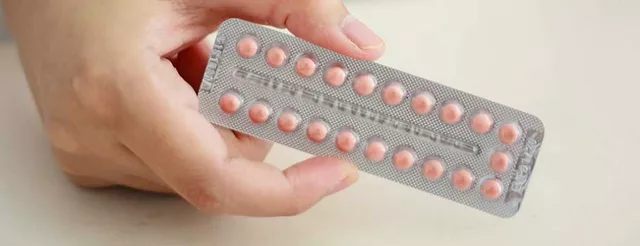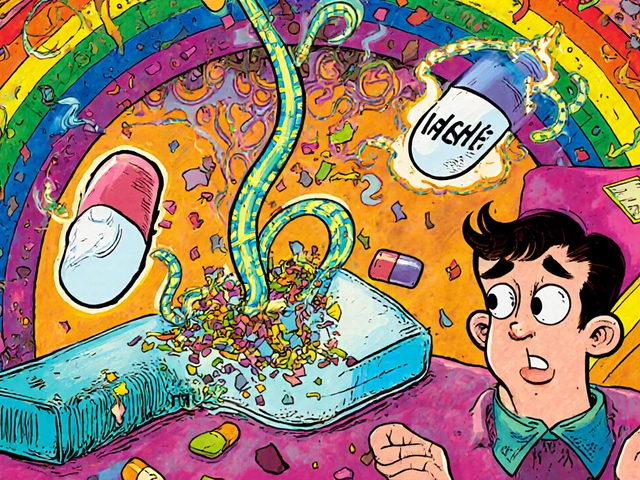Kidney Health: Simple Steps to Keep Your Filters Working
If you’ve ever heard doctors say “your kidneys are your body’s filters,” they’re not exaggerating. These two beans clean waste, balance fluids and keep blood pressure in check. The good news? You can help them every day with a few easy habits.
Eat Smart, Drink Right
The first thing most people get wrong is thinking any healthy food works for kidneys. In reality, you want low‑sodium, moderate‑protein meals that don’t overload the filter. Swap salty chips for fresh veggies, and choose a palm‑size portion of lean meat or beans instead of a giant steak. If you love dairy, stick to small servings of milk or yogurt – too much can raise phosphorus, which stresses kidneys.
Hydration is a no‑brainer: aim for 6–8 glasses of water daily unless your doctor tells you otherwise. Water dilutes waste and helps the kidneys flush it out. Coffee and tea count, but sugary drinks should stay off the list because they add extra sugar and chemicals that can hurt kidney cells.
Medications Matter
Not every pill is kidney‑friendly. Over‑the‑counter pain relievers like ibuprofen or naproxen can cut blood flow to the kidneys if you take them often. If you need a regular pain solution, talk to your pharmacist about acetaminophen alternatives or lower doses.
Blood pressure meds such as ACE inhibitors (e.g., lisinopril) and ARBs (e.g., losartan) actually protect kidneys by lowering pressure in the tiny blood vessels inside them. If you have high blood pressure, ask your doctor if one of these is right for you. OnMen’s guide to Prednisone explains how steroids can affect kidney function, so always check with a professional before starting any new prescription.
When it comes to diabetes, the best medicine is control. High blood sugar spikes damage the filtering units (nephrons) over time. If you’re on insulin or oral meds, keep your A1C in range and monitor kidney labs like creatinine and eGFR regularly.
Lastly, supplements aren’t always harmless. Some herbal blends contain high potassium or magnesium that can overload kidneys, especially if they’re already weak. Stick to vetted products and ask a pharmacist to verify safety.
In short, good kidney health isn’t about miracle pills—it’s about steady, sensible choices. Eat less salt, stay hydrated, watch the meds you take, and keep an eye on blood pressure and sugar levels. Your kidneys will thank you with years of smooth, silent service.
Piroxicam and Kidney Health: What You Need to Know
As a blogger, I recently came across some important information about Piroxicam and its effects on kidney health. Piroxicam is a non-steroidal anti-inflammatory drug (NSAID) used to relieve pain and inflammation. However, it's crucial to know that prolonged use of Piroxicam can lead to kidney damage or even kidney failure. It is essential to take this medication only as prescribed and to monitor kidney function regularly. If you're concerned about your kidney health while taking Piroxicam, I strongly recommend discussing it with your healthcare provider.






